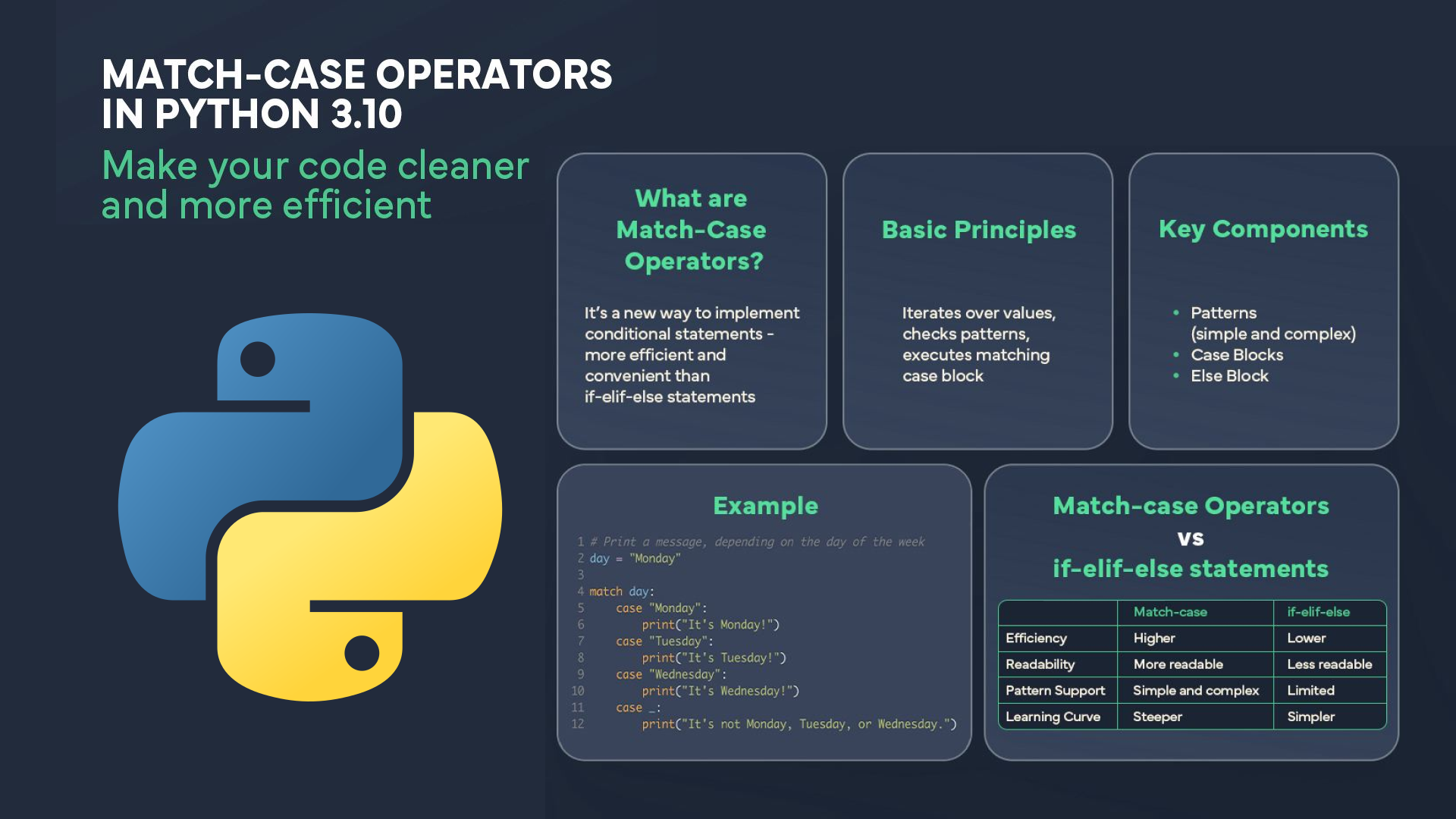Курси по темі
Всі курсиThe Impact of Music on Programmers Productivity
Harnessing Melody for Enhanced Coding Efficiency

In the realm of software development, productivity is not just about typing speed or the number of hours spent in front of a computer screen. It's about the quality of those hours and how effectively one can solve problems and create solutions. Music, with its vast array of genres, tempos, and rhythms, has the power to significantly influence this productivity. This article delves into the nuanced relationship between music and programming, uncovering how the former can serve as a powerful tool to enhance the latter's efficiency and enjoyment.
The Psychology of Music and Focus
The influence of music on the human brain is both complex and profound. Various research studies have illustrated how music can positively affect our mood, cognitive functions, and even our physical health. For programmers, the ability to harness music's benefits can be particularly valuable. The nature of coding requires intense focus, detailed analytical thinking, and creative problem-solving, all of which can be supported or hindered by the auditory environment.
Here are the key points:
- Neurological Impact: Music stimulates various areas of the brain, including those responsible for memory, attention, and even emotional regulation. This stimulation can lead to an enhanced state of focus and a more positive mood, which are critical for effective programming.
- Types of Music for Concentration: While classical music has been traditionally touted for its benefits to concentration and spatial-temporal reasoning, not everyone may find it stimulating or beneficial. Genres such as lo-fi, ambient, and even video game soundtracks have gained popularity among programmers for their ability to maintain a background presence without distracting from the task at hand.
Run Code from Your Browser - No Installation Required

The Rhythm of Code: Music’s Role in Enhancing Programming Flow
The concept of "flow" is described as being completely absorbed in an activity, with a heightened sense of focus and productivity. For programmers, achieving flow can mean the difference between a productive coding session and hours of frustration. Music, particularly types with a consistent rhythm or repetitive patterns, can help synchronize the mind's focus with the task of coding, facilitating this coveted state of flow.
Here are the key points:
- Synchronization of Tasks: The repetitive nature of certain music rhythms can mirror the iterative process of coding, where tasks are broken down into smaller, manageable parts. This mirroring can help maintain a steady pace of work, reducing feelings of being overwhelmed.
- Personalized Playlists: The process of building a personalized playlist that signifies it's time to concentrate can also play a crucial role in entering a flow state. These playlists can serve as a cue to the brain, signaling that it's time to focus on coding.
The Distraction Dilemma: When Music Becomes Counterproductive
While music can be a powerful ally in the quest for productivity, it can also serve as a source of distraction. The key to effectively using music as a tool for enhanced productivity lies in understanding its potential pitfalls and how to avoid them.
You should consider the following points:
- Cognitive Load and Lyrics: Music with complex lyrics or intricate compositions can inadvertently increase cognitive load, making it more difficult to concentrate on coding tasks. This is particularly true for tasks that require linguistic processing, where the brain may struggle to focus on both the music and the code.
- Finding the Right Volume: Even the most carefully curated playlist can become a distraction if played at too high a volume. The ideal volume is one that allows the music to be present, providing its benefits without becoming the focus of attention.
Start Learning Coding today and boost your Career Potential

The Programmer’s Playlist: Curating Music for Optimal Coding
The perfect programming playlist is highly personal and can vary greatly from one individual to another. However, there are some general guidelines and considerations that can help anyone in creating a playlist that enhances coding productivity rather than detracting from it.
Here are the points which should be considered when choosing or making a playlist:
- Variety and Task Matching: Including a variety of genres and tempos can cater to different coding tasks and moods. For instance, complex problem-solving might benefit from more ambient tracks, while monotonous tasks could be paired with more upbeat music.
- Experimentation: Finding the right balance is a process of experimentation. Programmers should feel encouraged to explore different musical genres and observe their effects on productivity and mood.
FAQs
Q: Can any type of music boost programming productivity?
A: The effect of music on productivity is highly individual. While instrumental and ambient music are commonly recommended for tasks requiring concentration, the best type of music is one that the individual finds both motivating and non-distracting.
Q: How loud should the music be?
A: Music should be played at a background volume that does not interfere with cognitive processes. It should be loud enough to be heard but not so loud that it becomes the center of attention.
Q: Is it better to listen to familiar music or explore new tracks while coding?
A: Familiar music can reduce cognitive load and is less likely to distract, making it a good choice for tasks requiring deep concentration. However, exploring new music can be refreshing and may boost mood during less intensive tasks.
Q: Can music help with debugging?
A: Calming music can help maintain focus and patience during the often tedious process of debugging, making it easier to methodically work through code and identify issues.
Q: Should I use noise-canceling headphones for programming with music?
A: Noise-canceling headphones can be beneficial in noisy environments, helping to create a focused coding space by minimizing external distractions. They are particularly useful in open office spaces or public areas.
Курси по темі
Всі курсиThe SOLID Principles in Software Development
The SOLID Principles Overview
by Anastasiia Tsurkan
Backend Developer
Nov, 2023・8 min read

30 Python Project Ideas for Beginners
Python Project Ideas
by Anastasiia Tsurkan
Backend Developer
Sep, 2024・14 min read

Match-case Operators in Python
Match-case Operators vs if-elif-else statements
by Oleh Lohvyn
Backend Developer
Dec, 2023・6 min read

Зміст